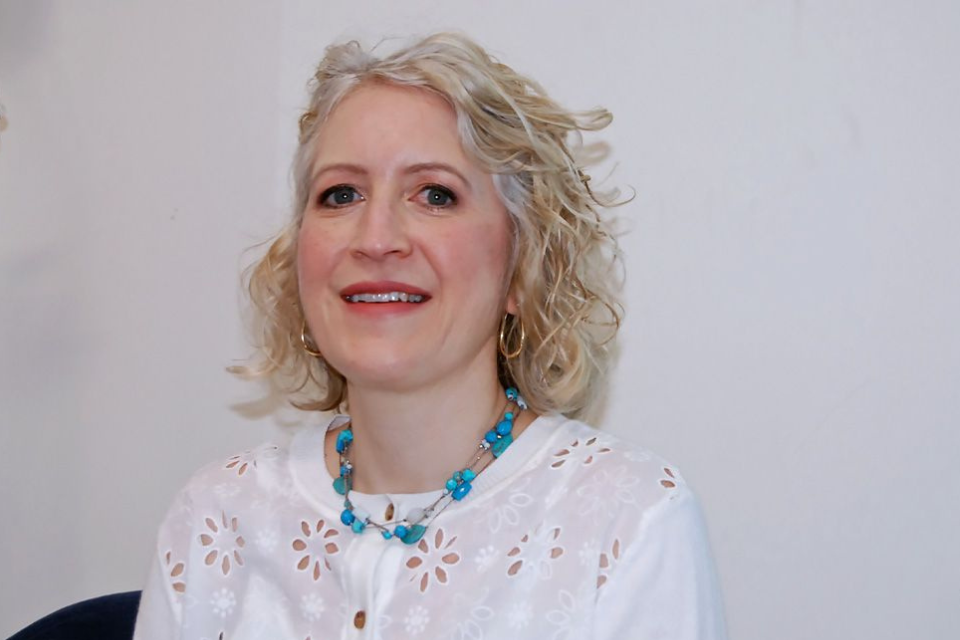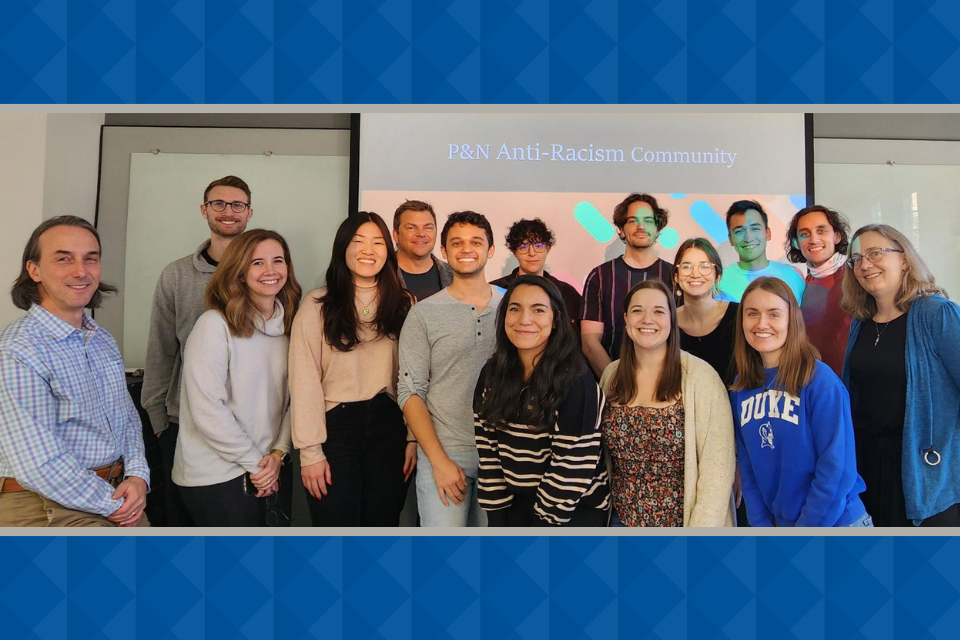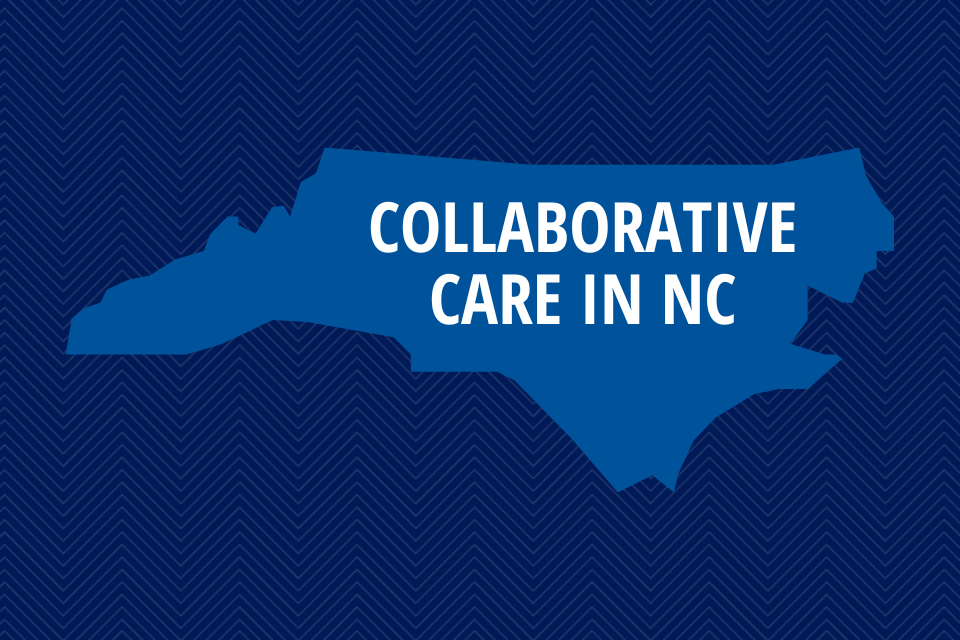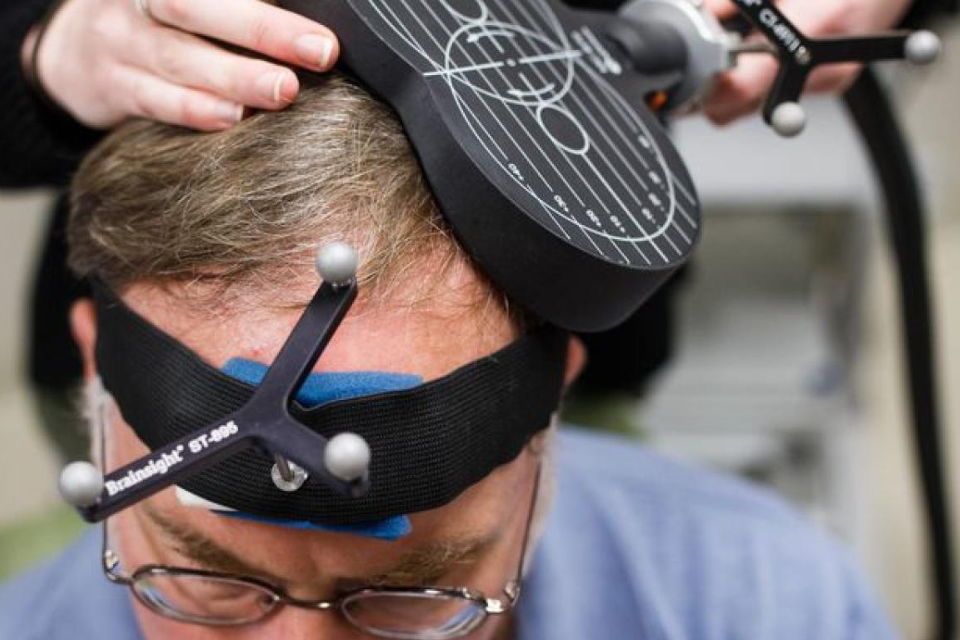Check out our news archive below to learn more about what’s happening in Duke Psychiatry & Behavioral Sciences!
Blue Devil of the Week: A Commitment to Addressing Childhood Trauma
Kelly Sullivan, PhD, director of mental health services at the Center for Child & Family Health and associate professor in Duke Psychiatry, has dedicated her career to treating and preventing childhood trauma. Dr. Sullivan was recognized as Blue Devil of the Week.
Patricia Resick Co-Authors Book on Cognitive Processing Therapy for PTSD
Anyone who is struggling to recover from trauma can now receive one of the gold-standard treatments for PTSD, thanks to a new book co-authored by Patricia Resick, PhD. "Getting Unstuck from PTSD: Using Cognitive Processing Therapy to Guide Your Recovery" is the first self-help workbook based on cognitive processing therapy (CPT).
Dzirasa Elected Member of the American Institute for Medical and Biological Engineering
Duke Psychiatry's Kafui Dzirasa, MD, PhD, has been inducted into the class of 2023 of the American Institute for Medical and Biological Engineering (AIMBE) “for his pioneering work in understanding the electrical patterns that underlie mental health disorders and his advocacy for inclusive science.”
Group Led by Duke Psychiatry Faculty Member Wins Graduate school Award for Inclusive Excellence
A community of graduate students and faculty from the Duke Clinical Psychology Program dedicated to fostering inclusive excellence recently won a Graduate School award for their work. Duke Psychiatry's Zach Rosenthal, PhD, who also holds an appointment in the Department of Psychology and Neuroscience, is the faculty lead for the group.
14 Ways to Build Academic Networks and Strengthen Faculty Communities
Duke's Office for Faculty Advancement has awarded seed grants to 14 new projects led by Duke faculty members, including a team in Duke Psychiatry seeking to increase neurodiversity competency of faculty at Duke.
Collaborative Care Model Gaining Traction in North Carolina
In response to the COVID-19 pandemic and an associated spike in mental illness, a multidisciplinary, multipayer team of leaders across North Carolina launched the Collaborative Care Consortium to drive implementation of the Collaborative Care Model. Duke Psychiatry's Nathan Copeland, MD, MPH, and Marvin Swartz, MD, among other Duke Psychiatry faculty members, are involved in the effort.
Collaborative Care Model Helps Duke Primary Care Meet Standards of Care
Use of the Collaborative Care Model at Duke University began on a pilot basis five years ago, when the University Health System awarded the Department of Psychiatry an innovation grant to establish the model at a handful of primary care sites. Duke Psychiatry's Marvin Swartz, MD, is the director of the Duke Area Health Education Center (AHEC), which is providing training and technical support to practices implementing collaborative care.
Davis Awarded $3.6 Million Grant to Boost Memory in Older Adults
Simon Davis, Ph.D., an assistant professor in the departments of neurology and psychiatry, was recently awarded a grant from the U.S. National Institute for Aging to study brain activity patterns that support memory function in aging adults. The $3.6 million grant will allow Davis and his colleagues to test whether a magnetic brain stimulation can improve memory in older adults aging healthy and those with an increased risk for Alzheimer’s disease.
Two Residents Receive 2023 James H. Carter, Sr. Community Service Award
Ryan Slauer, MD, a fourth-year internal medicine-psychiatry resident, and Lynette Staplefoote-Boynton, MD, MPH, a third-year internal medicine-psychiatry resident, have received this year’s James H. Carter, Sr. Community Service Award, established in honor of Carter’s dedication to serving the underserved.
Harnessing Electronic Health Record Data for Earlier Autism Detection
Signs of autism can hide in plain sight, but a Duke University School of Medicine study shows machine learning may help spot them. Duke Psychiatry's Geraldine Dawson, PhD, was the senior author in the study.








